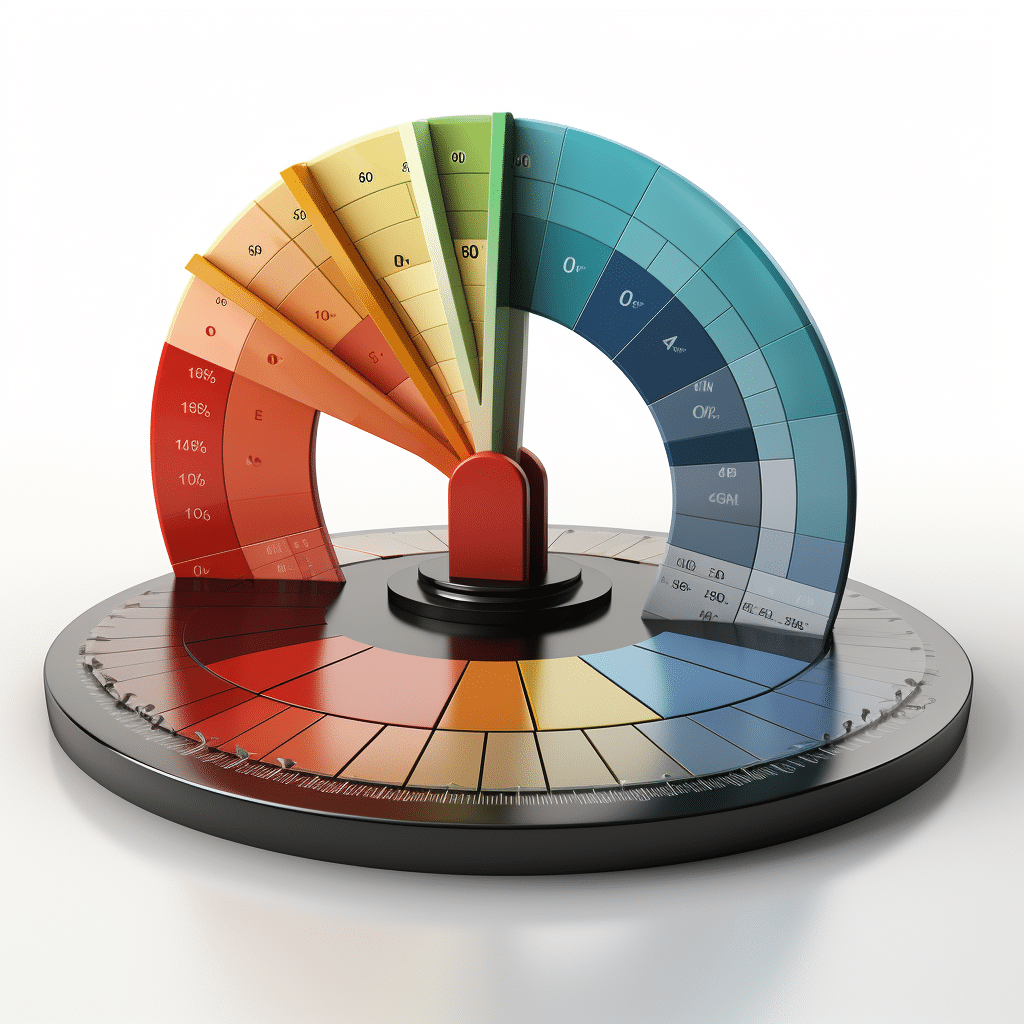In the ever-convoluted world of finance, there are questions that hover like stubborn flies, and one of them is, ‘does checking your credit score lower it?’ Well, hold on to your hats folks, because we’re about to debunk some myths, straighten out some misconceptions, and unearth shocking facts that will leave you wide-eyed!

A Glimpse Into Yesteryears: The History Of Credit Score!
In the financial juncture, it’s crucial to grasp where it all began. The credit scoring model was established in the mid-1950s by Fair, Isaac and Company (FICO). Since then, it steers the world of credits, acting like a mathematical yardstick for lenders to determine your credit risk.
Misconstrued notions about this system potentially evolved through generations. Consequently, the question, ‘does checking credit score lower it‘ became prevalent.
Adjudicating Your Score: Learn How It Functions!
Before we get to the bottom of ‘does checking your credit score lower it?’ let’s unravel how this score is stitched. It’s like a grade you get post-financial examination where your credit management report card is evaluated!

Affect or Not: Does Checking Your Credit Score Lower it?
Now, to the burning question that brought you here! Does the simple act of checking your score trigger it to plummet? Take a deep breath and sigh in relief. Checking your credit score, also known as a soft inquiry, won’t ding your score. Phew! But, there’s a catch. If a creditor or lender does the checking, that’s a hard credit check, which could impact your score!
So, how to check credit score without affecting it? You can reliably request a free report from the credit reporting agencies, or use online resources for the same. It’s pivotal, however, to ensure the accuracy of these reports. Hop onto this scoop about frequent updating of credit scores for more insights.
The Good, The Fair, And The Ugly: What’s A Good Credit Score?
Now that we’ve answered, ‘does checking your credit score lower it’, let’s navigate the realm of credit score ratings. A score between 300 and 850 is your playfield. Strive for a score of 700 or above, often considered ‘good’. If you manage to touch 800 or above, you’re in an ‘excellent’ territory!

Poll Dancing On Statistics: Key Figures And Trends
The world of credit scores has its highs and lows, and fascinating numbers to note. As of 2023, the average FICO® Score in the U.S reached 714. Fun fact, having six or more hard inquiries puts you at an eight times average risk for bankruptcy!
The Game Of Risk: When Multiple Hard Inquiries Hurt
Broadcasting enquiries can be a gamble. But who knew it could have dire effects on your credit score, right? When lenders see a flurry of hard inquiries, it raises a red flag. They might perceive you as credit hungry and desperate, which in turn can lower your score.

The Debt Paradox: Fulfilling Your Debt Obligations
It’s eye-popping, but yes, fulfilling your debt obligations might lower your credit score. But how’s that fair, you ask? Paying off a debt can alter factors like your credit mix or length of credit history or utilization ratio. This might, at times, nudge your credit score downwards.
The Reality Check: Credit Myths And Trivia
Ever watched a nerve-racking episode with surprising plot twists? Consider this your financial equivalent! We’re about to spill some jaw-dropping revelations that break down common myths and misconceptions.

Avoid Credit Score Fumbles: Smart Strategies
In this ever-evolving financial juggernaut, it’s essential to grab the steering wheel with the right strategies. Evaluate your current credit situation, be prompt in meetingobligations, limit the frequency of hard inquiries, and monitor your credit report regularly.
A Thread Of Caution: Beware Of Credit Score Scams
In today’s digital realm it’s pivotal to be wary of scams. Chasing alluring click-baits can lead you down a risky path. Stay clear of services offering promises of a magic bullet to boost your score overnight. No such quick remedies exist.

Broaden Your Spectrum: In The End, It’s Just A Number
Credit scores may seem like the star of the show, but they aren’t the only player in town. Potential lenders look beyond it to assess your overall financial health. Dependable income, job stability, and a low debt-to-income ratio are equally significant factors.
Last Bow: Wrapping It Up
As we bring the curtains down on this insightful ride, we hope the rollercoaster question, ‘does checking your credit score lower it’ has found its answer. It’s a resounding NO, folks! But remember, while you breathe easy on that front, don’t lose sight of the other factors that could impact your score.
Conclusion? Keep your eyes wide open in the financial storm, sail through with immaculate strategies, and avoid stumbling on the credit score hurdles. Good luck managing your credit score! Phew, what a journey!



